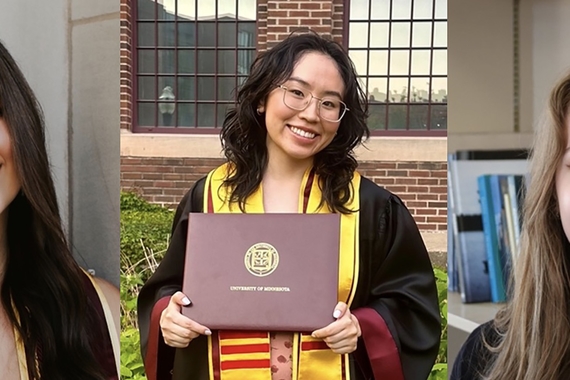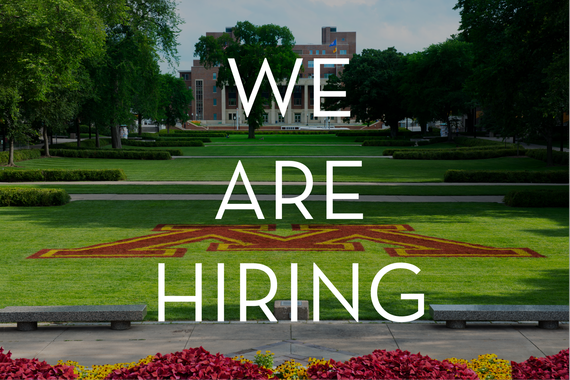New Faculty Molly Kessler Brings a Healthcare Writing Focus
Video directed by Tiffany Nguyen
What is something that makes healthcare effective? Well trained doctors and nurses? Cutting-edge technology? Regular check-ups?
Assistant Professor Molly Kessler would argue that writing is central to effective healthcare. In the US, where more than 60% of adults take at least one prescription drug daily, and where an even larger percentage will visit a pharmacy or read about illnesses online, communications matter.
Recognizing that good writing is imperative to good care, the Department of Writing Studies hired Molly Kessler, PhD, an expert in the rhetoric of health and medicine, to join the faculty.
“Her courses will help students develop a critical eye regarding how scientific or medical information is conveyed to public audiences,” says Lee-Ann Breuch, department chair.
“She draws attention to ‘patienthood,’ or how patients experience and understand medical information. I appreciate that she examines health-related issues from the perspective of rhetoric, feminist theory, and disability studies and that her work is centered on patient perspectives.”
Working with Students
In her first semester on the faculty, Kessler has continued ground-breaking research while offering in-demand courses on professional and technical writing related to science and technology.
One such class is WRIT 3152 Writing on Issues of Science and Technology. Looking at contemporary literature on issues unique to the STEM fields, such as space exploration and infectious rats, Kessler wants students to look carefully at “how other writers are writing about those issues, and [figure] out what strategies those writers use to talk about those pressing issues.”
Through this course and her other course on professional and technical writing, Kessler hopes that students will grow into “adaptable” writers, “figuring out what skills they need in order to analyze and respond to [different] writing scenarios.”
Unconventional Research
There is a wealth of research on medical conditions from the perspectives of biologists and psychologists, but Kessler takes a new approach to the topic. Her research focuses on the communication challenges faced by patients suffering from chronic illness—6 in 10 adults in the US, according to the CDC.
The subjects of her analysis are primarily diagnosed with gastrointestinal illnesses, such as inflammatory bowel disease (IBD), but her work offers important insights on communication challenges typical of all chronic illness. “Chronic illnesses never go away,” Kessler reminds, “and so figuring out how to think through those diseases and the communication scenarios they might have—with providers, with parents, with spouses, workplaces,” might help patients to better communicate over the course of an illness.
Kessler’s other major research relates to the problem of prescription drug labeling. When you get your prescription from a pharmacy, along with your medication, you receive instructions on how to take it, store it, and what side effects to watch for. You’ve essentially received a communication. But do you fully understand what it says?
“Research shows that a large percentage of medical errors that occur in the United States, in particular, are because of bad prescription drug labeling, and [if we figure] out where those errors actually come from, we can begin to revise and solve those problems.”
In the spring 2019 semester, Kessler will work with two first-year students to assist with this research, providing yet another hands-on opportunity for students to learn about the healthcare-writing industry.
Writing as a Bridge
Ultimately, Kessler hopes that her research on patient communications and drug labeling might offer valuable insights on the broader topic of technical writing.
“There are all sorts of examples like this,” she says, “where writing actually influences how we engage with medicine, how we engage with engineering, and with science, and so, contributing to that writing side, to see how we can best communicate and how we are already communicating about health care and STEM, helps us best treat patients, it helps citizens best engage with science.”
This story was written by an undergraduate content creator in CLAgency. Meet the team.


